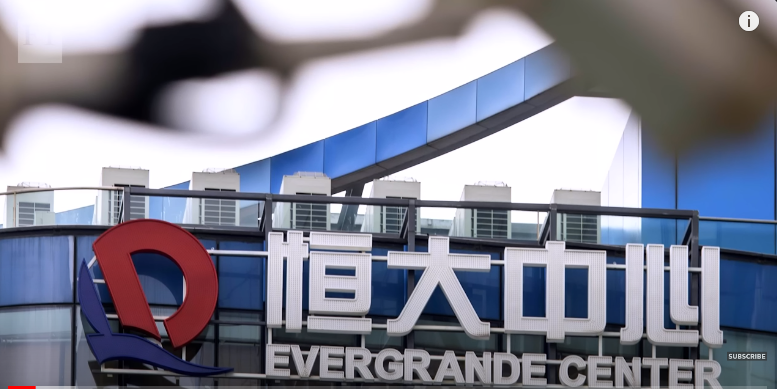
The recent Hong Kong court liquidation order against China Evergrande has sent shockwaves through the real estate sector and the broader financial markets. As the world’s most indebted developer, Evergrande’s failure to manage its towering $300 billion debt has not only exposed the vulnerabilities within China’s real estate market but also highlighted the intricate ties between real estate and financial stability globally.
Understanding Evergrande’s Liquidation
The Hong Kong Court Ruling
On a significant day that will be remembered in the financial history books, Hong Kong High Court Judge Linda Chan ordered the company to liquidate, citing insolvency and failure to restructure the owed debt. This landmark decision marks a critical point in Evergrande’s saga, which owes its inception to unchecked borrowing and a relentless expansion strategy.
The Debt Crisis Unfolds
Evergrande’s financial woes are emblematic of a larger crisis within China’s real estate sector, which for years has been a significant growth driver but is now facing a reckoning. The developer’s insolvency proceedings have thrust the spotlight on the fragile balance between ambitious growth and financial stability. With Evergrande’s international debt obligations, the repercussions of this liquidation are being felt worldwide, impacting bondholders and banks deeply entangled in its financial web.
Broader Economic Implications
Impact on China’s Real Estate Market
As a heavyweight in the real estate industry, Evergrande’s collapse underscores the broader China real estate crisis and the potential for systemic risk to the country’s economic stability. The liquidation ruling throws into question the future of numerous properties and projects, leaving buyers, investors, and other stakeholders in a state of uncertainty.
The Global Ripple Effect
The international financial markets have been on edge, watching the Evergrande situation unfold. While initial fears of a global financial contagion have been somewhat allayed by assurances from Chinese regulators, the situation highlights how interconnected and vulnerable the global financial system is to shocks from significant players like Evergrande.
Navigating the Aftermath
The Road Ahead for Evergrande
The liquidation order by the Hong Kong court is not the end but rather a new chapter in Evergrande’s story. The process will involve untangling the complex web of debts, assets, and obligations — a task that may present further challenges and revelations about the depths of the financial mismanagement that led to this crisis.
Lessons for the Real Estate Sector
Evergrande’s downfall serves as a cautionary tale for the real estate industry and regulators worldwide. It highlights the perils of excessive leverage, the importance of transparent and prudent financial management, and the need for regulatory oversight to prevent similar crises in the future.
MY OPINION
Frequently Asked Questions
Q: What led to Evergrande’s liquidation?
A: Evergrande’s liquidation was the result of years of excessive borrowing, ambitious expansion, and the failure to restructure its massive debt load, leading to insolvency.
Q: How will Evergrande’s liquidation impact the global financial market?
A: While the immediate global financial market has remained relatively stable, the long-term impacts are yet to be fully understood. The situation underscores the interconnected nature of the global economy and the potential for localized crises to have broader implications.
Q: Will Evergrande’s liquidation solve the China real estate crisis?
A: Evergrande’s liquidation is a significant event within the larger context of China’s real estate crisis, but it is not a panacea. Systemic issues within the sector and regulatory environment need addressing to prevent future crises.
Comments
Post a Comment